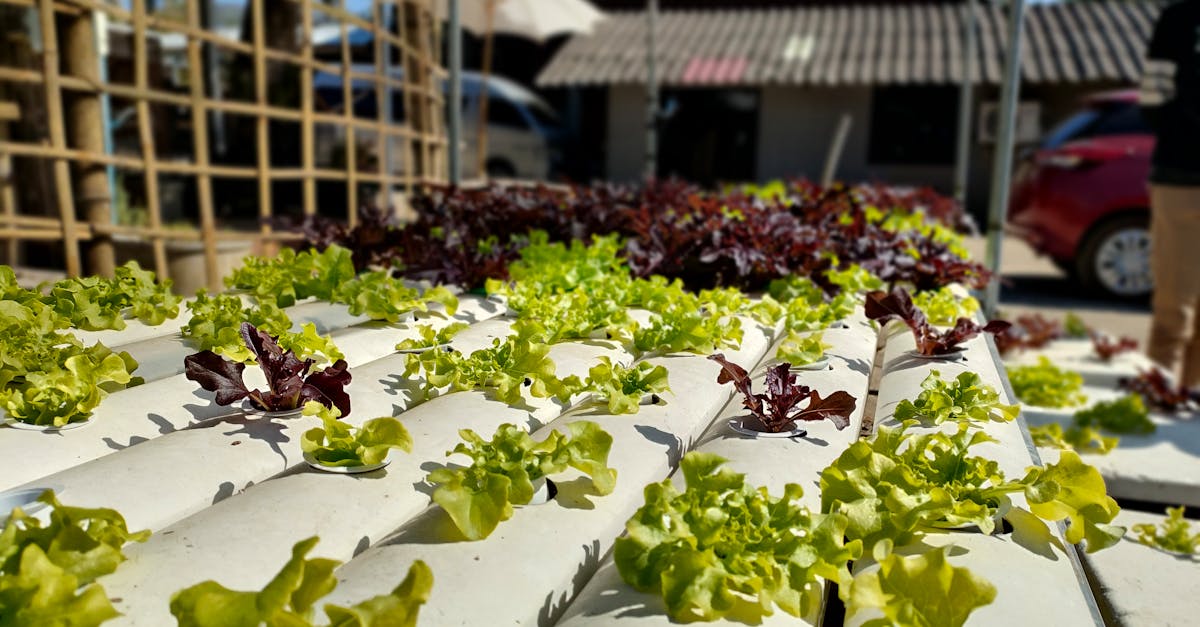
The latest news about food highlights remarkable shifts in how we understand, produce, and consume food in 2025. From advances in nutrition science to evolving consumer preferences and environmental concerns, the food industry is undergoing rapid transformation. This article explores current innovations in dietary trends, technology integration, and sustainability shaping the global food landscape.
Nutrition and Health Innovation
One of the most significant drivers in food today is the growing recognition of food as a critical contributor to overall health, not just sustenance. The rise of GLP-1 medications, known for weight-loss effects, is redefining how people approach eating. As these drugs modulate appetite and metabolism, food products are evolving to meet the needs of users with a focus on protein content, gut health, and essential nutrients. This shift is pushing product innovation toward foods that are not only functional but also therapeutic, emphasizing blood sugar balance and hormone health.
At the same time, consumers demand clearer, cleaner labels, avoiding artificial additives and preferring simple, transparent ingredients. This clean-label movement supports a wider understanding that diet plays a vital role in preventing illness and supporting mental wellness. Food and drink companies are responding by integrating nutrients that benefit cognitive function and emotional balance, highlighting a holistic approach to health that includes mental and physical aspects.
Technology, Sustainability, and Consumer Experience
Technological advances are reshaping the food industry from supply chain transparency to personalized nutrition. Artificial intelligence and Internet of Things (IoT) applications enable better traceability and adaptation to disruptions in global food supplies, fostering consumer trust in new origins and ingredients. Hybrid approaches combining traditional agriculture with advanced tech solutions promise to optimize resource use, enhance crop yields, and reduce environmental impact.
Plant-based foods continue gaining momentum, but the trend in 2025 moves beyond simply mimicking meat. Consumers are increasingly drawn to smart, fresh plant-based options that celebrate unique flavors and nutritional benefits of various vegetables and grains without relying on animal product analogues. Simultaneously, restaurants and food producers emphasize locally sourced, sustainable ingredients, showcasing commitment to environmental stewardship.
Moreover, food service and retail sectors are upgrading customer experiences through improved takeout packaging, more accessible ordering systems, and inventive nonalcoholic beverage options. These improvements meet current consumer desires for convenience, health-consciousness, and experiential dining, reflecting broader lifestyle changes.
Conclusion
The latest trends in food highlight an industry in evolution—where nutrition, technology, and sustainability converge to meet modern demands. Innovations like GLP-1 influenced products, clean-label transparency, and smarter plant-based choices reflect a deeper consumer awareness of food’s role in health and environment. Advances in technology enhance supply reliability and personalized experiences, while sustainability remains central to food production. Together, these developments shape a dynamic food landscape that promises to benefit both people and the planet as we move forward.